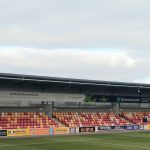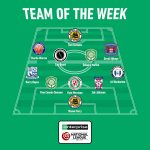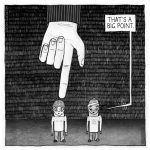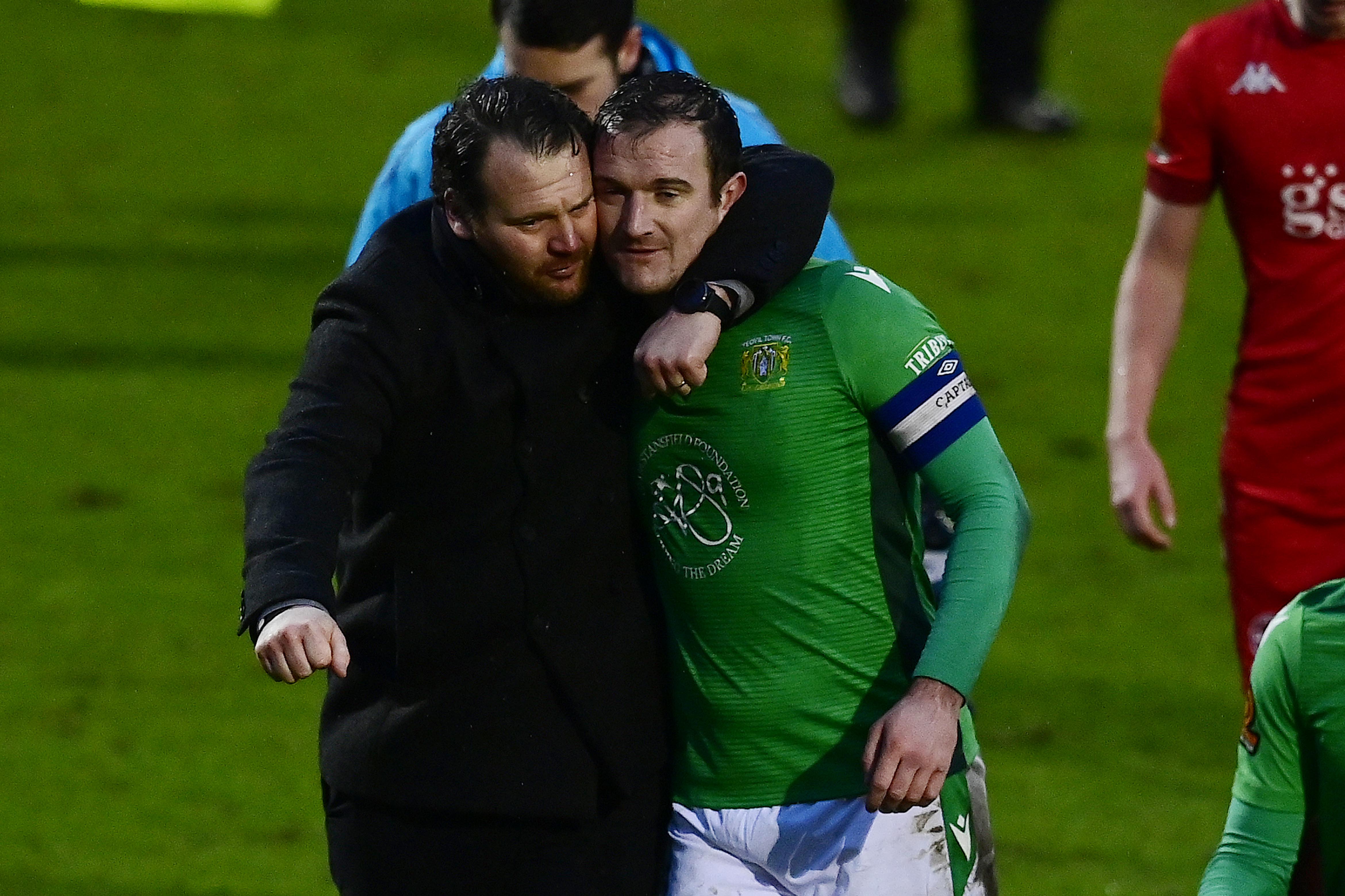National League Confirm Key Dates for 2021/22 Season
The National League have confirmed the key fixture dates for the 2021/22 season.
The Vanarama National season kicks off on Saturday 21st of August 2021, with an end date of Saturday 21st May 2022.
The Playoff dates run from Wednesday 25th May 2022, until Sunday 5th June 2022, these are subject to FA approval.
The Christmas calendar will see fixtures played on Boxing Day (Sunday), Tuesday 28th December and Sunday 2nd January. Although, clubs will be able to move fixtures to the 1st, or 3rd January as both are Bank Holidays.
As always, things are subject to change.











 Yeovil Town F.C. has today launched a
Yeovil Town F.C. has today launched a  he had suffered a broken ankle.
he had suffered a broken ankle.